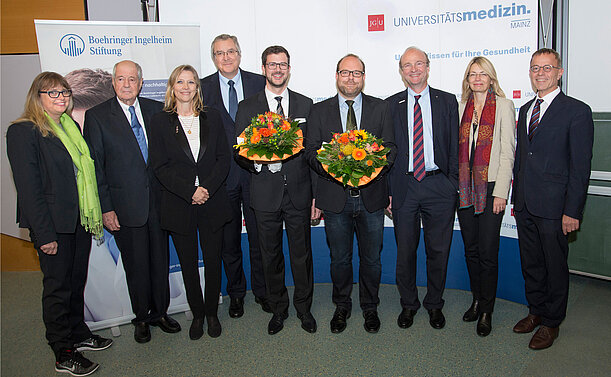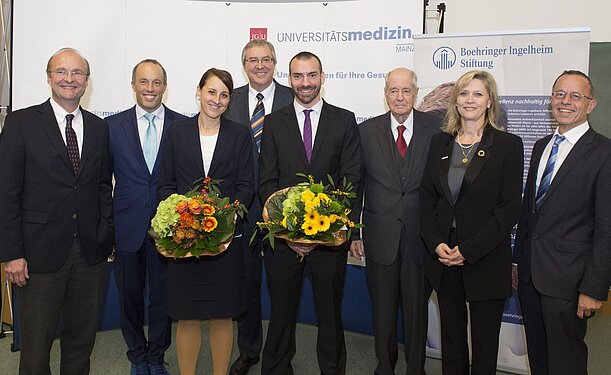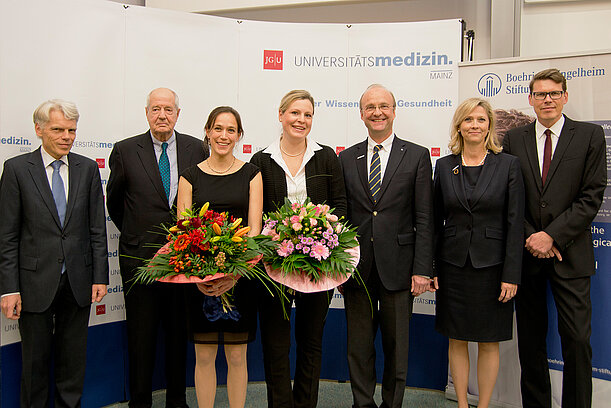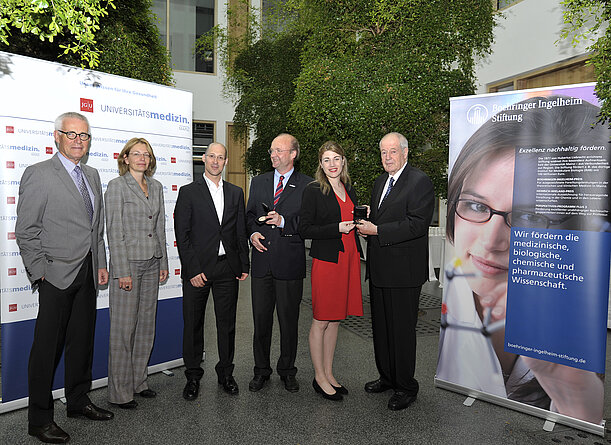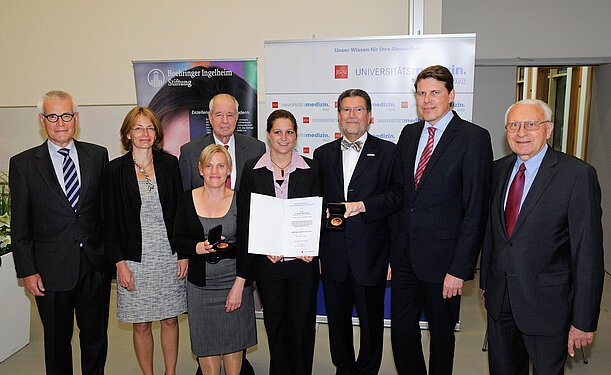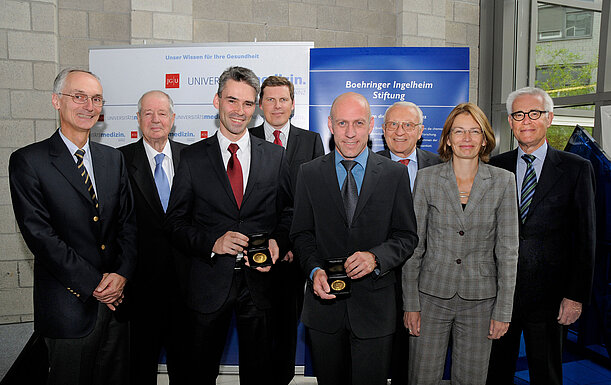Boehringer Ingelheim Prize.
With the Boehringer Ingelheim Prize, we aim to support particularly promising and advanced members of the next generation of scientists at the University Medical Center Mainz. The Prize honours excellent scientific achievements in clinical as well as theoretical medicine, and is endowed with a total of 30,000 euros in prize money and gives the opportunity to attend a one-day, tailor-made communication seminar.
Today’s Boehringer Ingelheim Prize is founded on a tradition spanning nearly 50 years. First awarded in 1969, it has been endowed by the Boehringer Ingelheim Stiftung since 1995. The prizewinners are selected each year by the University Medical Center Mainz. Eligible to apply is who conducts research in clinical or theoretical medicine at the University Medical Center Mainz, for example, as senior post-doctoral fellow, junior group leador, or junior professor.
As part of the award ceremony held at the University Medical Center Mainz, the prize winners present their research to the public.
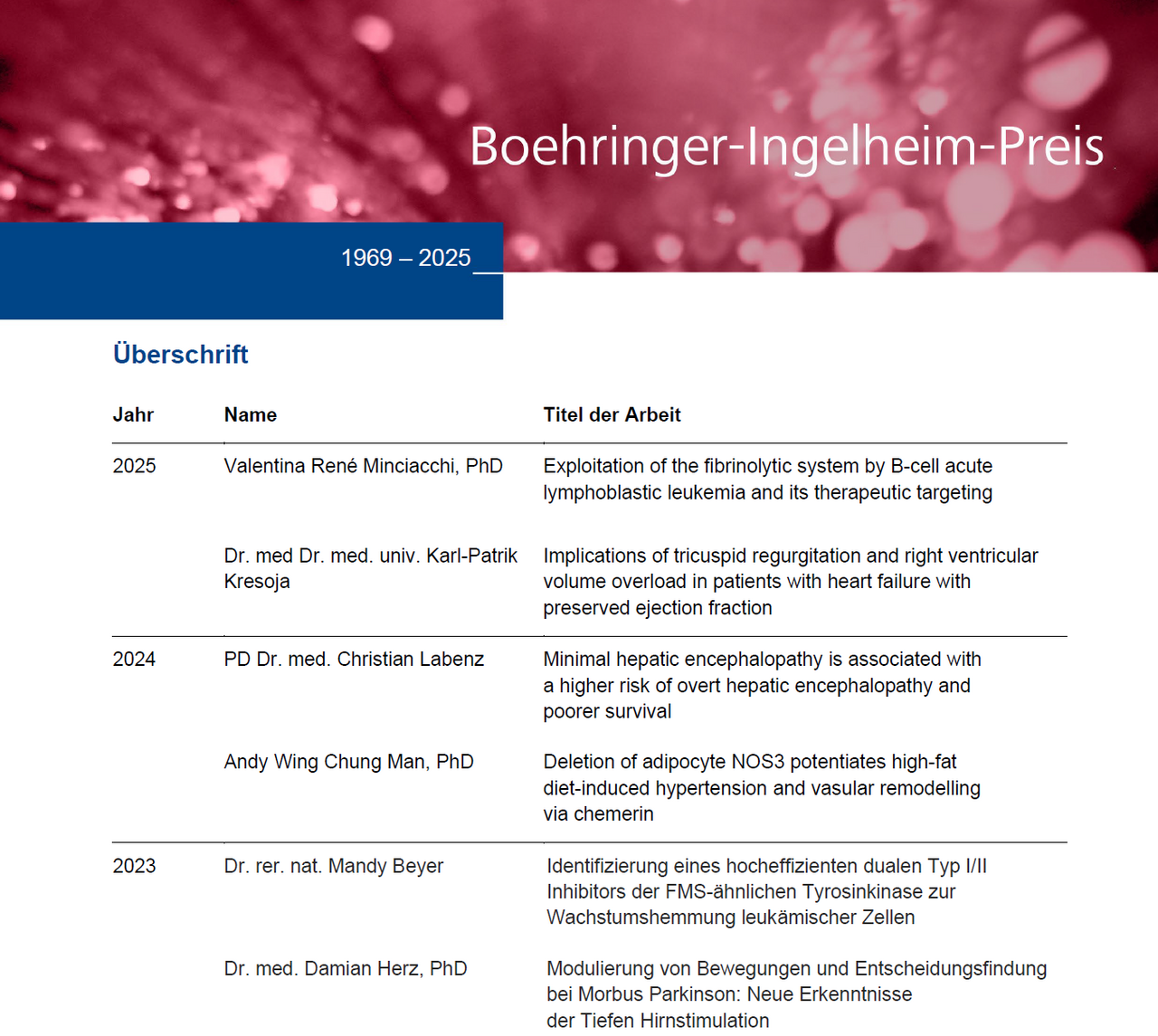
Please click here for download as PDF (German only).
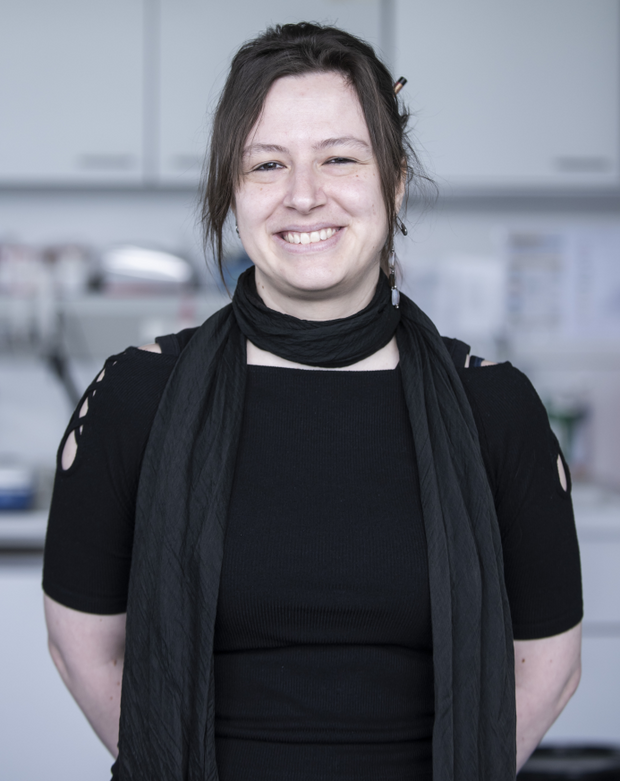
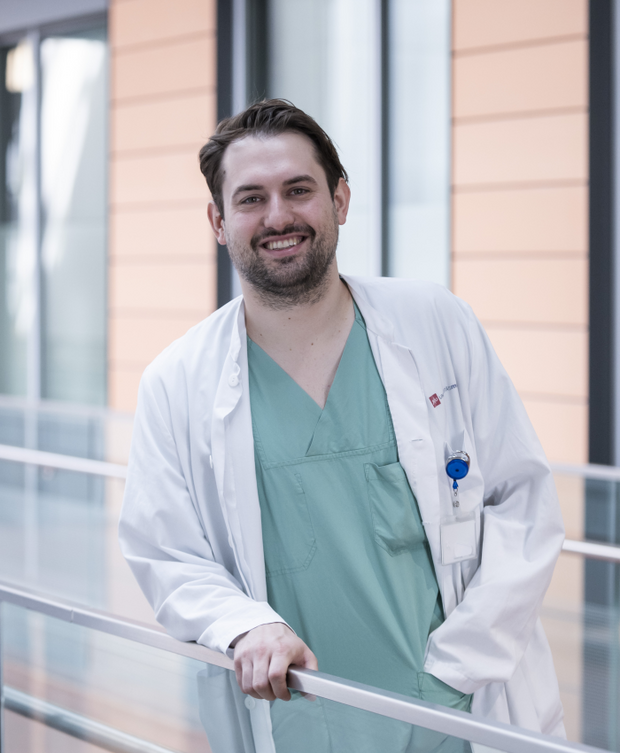
2025 Boehringer Ingelheim Prize: New Insights in Cancer and Cardiovascular Research
In recognition of their excellent scientific achievements, biologist Dr Valentina René Minciacchi and physician Dr Dr Karl-Patrik Kresoja receive this year’s Boehringer Ingelheim Prize. The prize is endowed with 30,000 EUR and will be shared equally between the two researchers.
Dr Valentina René Minciacchi, from the Centre for Thrombosis and Haemostasis (CTH) at the University Medical Centre Mainz, receives the award for her work in the field of theoretical medicine. In her research, she demonstrated how blood cancer cells in B-cell acute lymphoblastic leukaemia (B-ALL) manipulate their environment in the bone marrow to their advantage — and how this knowledge can be used to improve treatment of the disease.
In a mouse model of B-ALL, Dr Minciacchi discovered an interaction between leukaemic cells and the blood coagulation system. Plasmin, an enzyme that breaks down protein networks of fibrin and thereby dissolves blood clots, also alters the bone marrow microenvironment in B-ALL. This process releases growth factors that accelerate the proliferation of leukaemic cells. At the same time — as Dr Minciacchi showed — the leukaemic cells stimulate production of plasminogen, the precursor of plasmin, in the liver. This leads to increased levels of plasmin in the bone marrow, further promoting the growth of leukaemic cells. Dr Minciacchi demonstrated that treating such mice with EACA, a known inhibitor of plasmin activation, slows tumour growth and prolongs their survival — particularly when combined with chemotherapy. Her findings open new perspectives for more targeted and less aggressive therapies for acute lymphoblastic leukaemia.
Minciacchi VR et al. (2024). Exploitation of the fibrinolytic system by B-cell acute lymphoblastic leukemia and its therapeutic targeting. Nat Commun 15:10059. doi: 10.1038/s41467-024-54361-4.
Dr Dr Karl-Patrik Kresoja, from the Department of Cardiology at the University Medical Center Mainz, receives the award for his work in the field of clinical medicine. He discovered that minimally invasive repair of the heart valve between the right atrium and the right ventricle (the tricuspid valve) offers a promising new treatment option for a specific group of patients: those with severe tricuspid regurgitation who simultaneously suffer from advanced heart failure, even though the heart appears to have a preserved pumping function.
Using various diagnostic methods, Dr Kresoja found that in these patients the right ventricle becomes overfilled with blood, which leads to compression of the left ventricle and prevents it from filling adequately. As a result, despite a seemingly normal ejection fraction, the heart is unable to supply sufficient blood to the body.
In patients who underwent minimally invasive tricuspid valve repair using the catheter-based edge-to-edge technique (TEER), heart function improved — and in some cases, the filling dynamics of both the right and left ventricles returned to normal.
Dr Kresoja’s work thus provides a physiological explanation for the severe heart failure observed in this particular patient group, while also presenting an effective therapeutic option.
Kresoja KP et al. (2024). Implications of tricuspid regurgitation and right ventricular volume overload in patients with heart failure with preserved ejection fraction. Eur J Heart Fail 26(4):1025-1035. doi: 10.1002/ejhf.3195.
Prize Winners 2011–2024

2024 Boehringer Ingelheim Prize: Liver-brain disease and nitric oxide in adipose tissue cells
PD Dr Christian Labenz and Andy Wing Chung Man, PhD receive the Boehringer Ingelheim Prize 2024 endowed with 30,000 euros. It is shared equally between the awardees from the University Medical Center Mainz.
Christian Labenz from the I. Medical Clinic and Polyclinic has gained important insights into the early detection of liver-brain disease, a severe complication of liver cirrhosis. He says: "Our results have direct implications for the clinical care of patients with liver cirrhosis and open up new options, including personalised therapy approaches."
Andy Wing Chun Man from the Institute of Pharmacology has discovered that nitric oxide and how it is regulated in adipose tissue cells, plays a decisive role in the development of cardiometabolic diseases such as diabetes or obesity. He concludes: "We study a small molecule which packs a big punch: We were able to show that the targeted manipulation of enzymes that form nitric oxide in adipose tissue represents a promising approach for the development of new treatment methods for coronary heart disease."
Link to press release (only available in German).
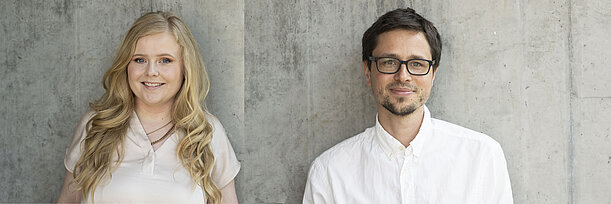
Dr Mandy Beyer and Dr Damian Herz. PhD, both University Medical Center Mainz, receive the Boehringer Ingelheim Prize 2023. The prizes are endowed with 15,000 euros each.
The research conducted by both awardees has the potential to significantly improve therapies for individuals with a specific form of blood cancer and Parkinson's disease, respectively. Dr Beyer from the Institute of Toxicology has developed an innovative therapeutic approach for the treatment of malignant leukemias and is being honored in the field of theoretical medicine. Dr Herz, PhD, from the Clinic and Polyclinic for Neurology has discovered a new approach to improve deep brain stimulation for the treatment of Parkinson's disease and is receiving the prize for clinical medicine.
Link to press release (only available in German).
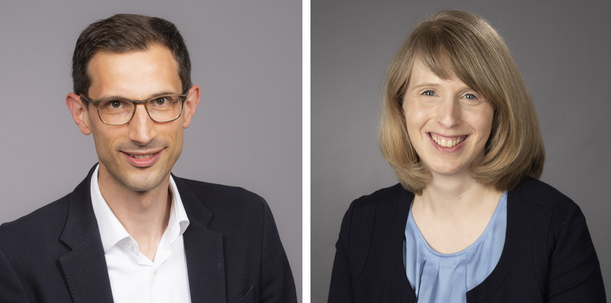
The Boehringer Ingelheim Foundation awards the 2021 Boehringer Ingelheim Prize to the physician Dr Michael Kühn and the biologist Dr Sabine Muth, they will receive 15,000 Euros apiece.
Kühn receives the Boehringer Ingelheim Prize for clinical medicine for showing that combining two specific drugs is better for treating a common form of leukemia.
Muth is awarded the Boehringer Ingelheim Prize for theoretical medicine for her discovery of a pathway gut bacteria use to activate the immune system.
The results of both awardees are of high clinical relevance as they allow to find better treatments.
LInk to press release (only available in German)
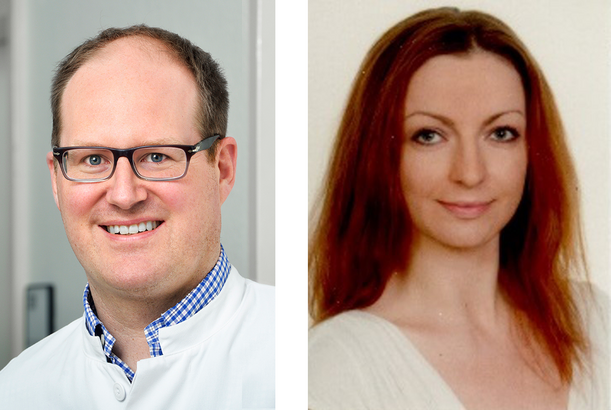
The Boehringer Ingelheim Foundation awards the 2020 Boehringer Ingelheim Prize to the physician Dr Maximilian Ackermann, MD, and the biologist Dr Christine Zimmermann, they will receive 15,000 Euros apiece.
Ackermann receives the Boehringer Ingelheim Prize for clinical medicine for showing that the development of new blood vessels play an important role in certain lung diseases.
Zimmermann is awarded the Boehringer Ingelheim Prize for theoretical medicine for her discovery that human cells can curb the replication of certain viruses via autophagy, the mechanisms cells use for degrading and digesting cell components. This knowledge is of high clinical relevance as it allows to find better treatment and develop drugs for people most at risk from viral infections.
Link to press release (only available in German).
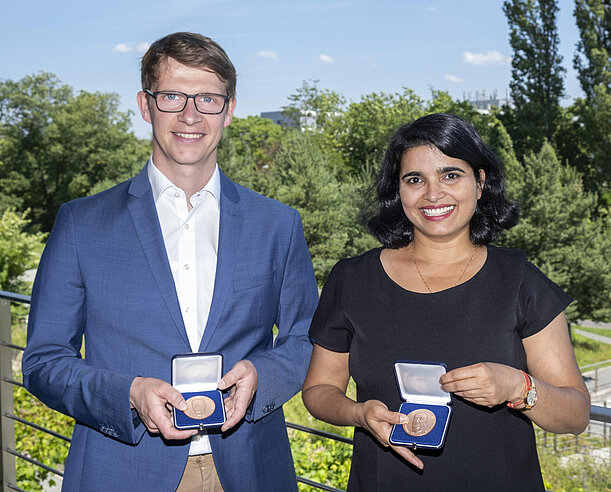
Dr Timo Uphaus developed a tool with which physicians can decide already in the emergency room for which patients it is especially likely that a longer measurement of the electrical activity of the heart - called EEG - will find an underlying cause for the stroke and thus give the right drugs to prevent a recurrence.
Dr Neha Tiwari found out which genes need to be active in the mouse brain for the development of so called astrocytes from precursor cells. She also found the proteins that regulate this process. Astrocytes fulfil important functions in the brain, but under certain circumstances, they themselves can lead to disease, which is why it is important to understand their devleopment
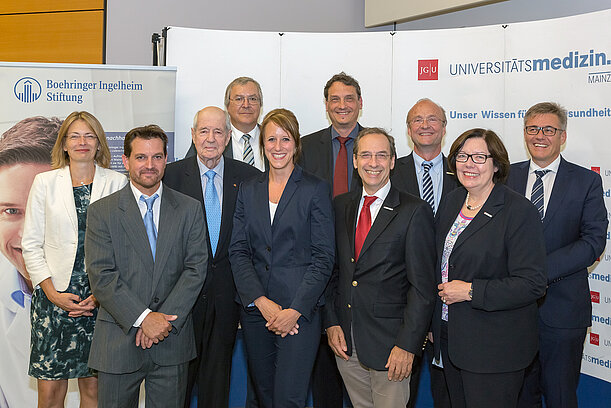
Toxicologist Dr Jörg Fahrer found out, how cells of the colon react to certain cancer-causing agents that are produced, for example, while roasting meat and how the cell protects itself against damage to its DNA and damage-induced cell death. His results help to understand better how cancer of the colon develops.
Ophtomalogist Dr Katharina Ponto analyzed data from a large health study and thus delivered the first sound and informative numbers about retinal damage in very early-stage diabetes patients. Her data suggest that targeted screening programmes could help to prevent retinal damage due to diabetes.
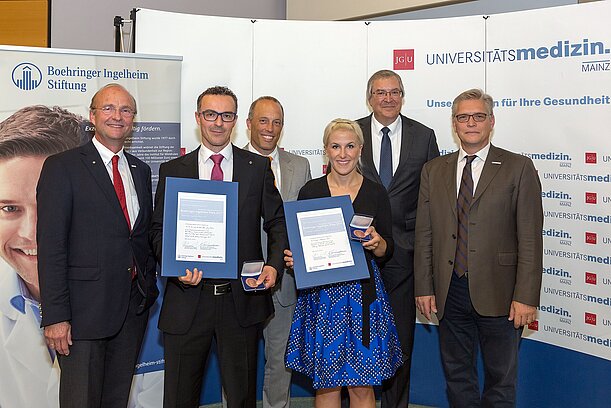
Toxicologist Dr Jörg Fahrer found out, how cells of the colon react to certain cancer-causing agents that are produced, for example, while roasting meat and how the cell protects itself against damage to its DNA and damage-induced cell death. His results help to understand better how cancer of the colon develops.
Ophtomalogist Dr Katharina Ponto analyzed data from a large health study and thus delivered the first sound and informative numbers about retinal damage in very early-stage diabetes patients. Her data suggest that targeted screening programmes could help to prevent retinal damage due to diabetes.
Dr Andreas Baranowski discovered that prostheses made of titanium and coated with “bone sialoprotein,” an innate protein of the bone, activate bone-specific genes. This could in the future result in a better anchoring of the prosthesis in the bone, and thus a more durable and stable fit.
Dr Georg Gasteiger proved that certain cells of the innate immune system, the so-called ILCs, are local defence cells adapted to their respective tissues. This finding is a significant step in understanding immune system function.
Cardiologist Dr Susanne Karbach found a possible explanation for the observation that patients with psoriasis present higher rates of cardiovascular diseases. Immunologist Dr Alexander Ulges discovered a new group of regulatory T cells, which modulates immune defence in the lungs. In doing so, he also deciphered the corresponding mechanism at the molecular level.
Biotechnologist Dr Ute Distler optimized a method for the qualitative and quantitative analysis of proteins, which aids in understanding important biological processes. Physician Dr Julia Weinmann-Menke identified a new biomarker that, in the case of systemic lupus erythematosus (an autoimmune disease), enables the prognosis of lupus nephritis, an inflammation of the kidneys.
Psychologist Dr Iris Reiner examined how early relationship experiences and the neuropeptide oxytocin (often referred to as the love hormone) interact in depressive patients. Reiner’s approach could help in understanding major depressive disorders and their development. The jury of experts selected molecular biologist Dr Nir Yogev for his research on multiple sclerosis (MS). Yogev demonstrated for the first time that in MS the so-called dendritic cells not only trigger the disease’s development, as was previously thought, but also play a protective role. His findings open promising avenues for the treatment of MS.
Immunologist Dr Nadine Prinz researched antiphospholipid syndrome (APS), among the most common autoimmune diseases that can cause thrombosis and miscarriage. She discovered a previously unknown signalling pathway, and showed for the first time how the immune system of APS patients alarms itself erroneously. The research findings of biologist Dr Kordula Kautz-Neu could serve as a basis for developing a vaccine against leishmaniosis, which, according to the WHO, is one of the world's major infectious diseases with 12 million people infected in 2012.
Pharmacologist Dr Sven Horke discovered that certain tumour cells require the human enzyme PON2 to survive. Cancers such as leukaemia could potentially be fought by switching off PON2. The jury of experts selected neurologist Dr Bernhard Baier for proving that, in the case of stroke patients, for example, damage in a particular cerebellar region can lead to attention-related disorders. The therapy and rehabilitation of patients with such brain damage could be altered by Baiers’s findings.


